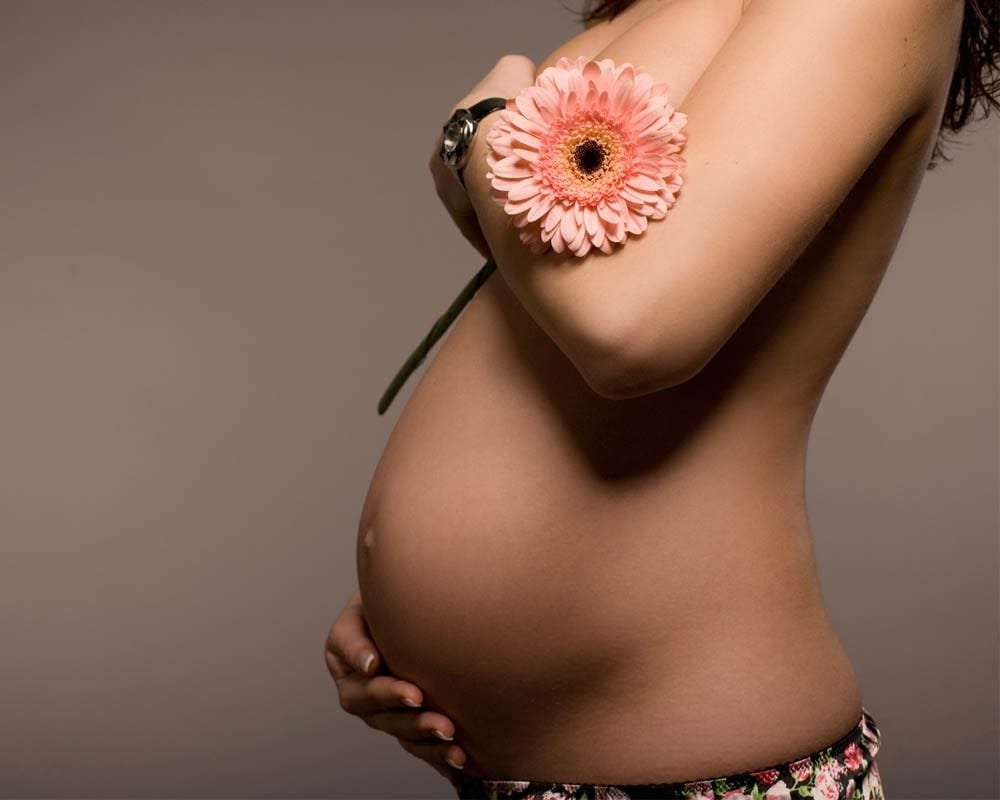
There are many women who want to get pregnant but after several attempts they think that something is wrong with them. On many occasions the only thing that happens is that the women do not calculate well what are the fertile days to be more likely to get pregnant.
If you have doubts about when is the right time for you to get pregnant, you should learn differently which are your fertile days of the month and which are not. From now on and with all this information you will realize that getting pregnant is not so much a challenge or as complicated as it seems. If both you and your partner are healthy and both of you have good sexual health, there should be no problem… sooner or later the expected moment will come.
You must remember that your emotional state is very important to get pregnant and you must bear in mind that stress, anxiety or emotional problems can cause your body to reject the pregnancy thinking that it is not the time to conceive. Also, if you have taken birth control pills for a long time, it is likely that your uterus has 'fallen asleep' and that it is even more difficult to stay in state.
Fertile days to get pregnant

The most effective time to have sex and get pregnant is when you are in your fertile days, which can last up to six days in a month, but of those six days only one can be conceived, although sperm live from 3 to 7 days inside the woman's body, then if you have intercourse during your fertile days - from three days before to your fertile days until three days after - you will be more likely to get pregnant.
You do not need to have sex every day when you are on your fertile days to be more likely to get pregnant, but doing it every other day is enough, since sperm live about three to seven.
The fertile days are the days before the body releases an egg that can be fertilized. The released egg only survives one day and the sperm for 3 to 7 days. Therefore, there is a fertile window of about six days for the sperm to reach the egg and fertilize it.
Infertile days
The infertile days are the days that cannot be conceived because the ovum is not ready to be released and also, even if unprotected sexual intercourse is had, the sperm will not have enough time to fertilize the ovum.
These days are usually the 5-7 days before the period comes down and the 5-7 days after the menstruation has ended. But bewareKnowing the infertile days does not mean that if you have unprotected sex these days you cannot get pregnant. Sometimes it can be the case that there is a double ovulation or that ovulation has been delayed or advanced a few days for various reasons - such as mood, playing sports, etc-. and that then, you can get pregnant these days too.
For this reason, if you do not want to get pregnant, it is best to have safe sex.
How to calculate the fertile days

If you want to be precise, you can calculate the fertile days, that is, calculate when you are going to ovulate to maintain sexual relations at the appropriate times. When you ovulate will depend on the length of your menstrual cycle and if your period is regular or if it is not.
A menstrual cycle can be as short as 22 days or as long as 36 days. On average, a woman has her period between 12 days and 14 days after ovulation.
To calculate the fertile days, for example, if you have a 28-day menstrual cycle, it is likely that you are ovulating in the middle of the cycle, that is, on day 14 - of a 28-day cycle. If you have a short menstrual cycle, you can ovulate even within the final days of your period. A longer cycle can prevent you from ovulating for up to two weeks after your period is over.
Almost half of women have a menstrual cycle that varies by more than seven days. If your menstrual cycle is different from month to month, then your fertility window can also vary by about a week between each period.
This is why it is best to have sex every two or three days throughout your cycle. It is more effective and so you will not have to be thinking that you are about to ovulate or when the time is right. Also, having sex every two to three days improves sperm quality compared to having sex every day.
Currently there are also applications and programs for mobile phones, tablets or other devices that can help you to know what your fertile days are with greater accuracy.
Ovulation: when are you most likely to conceive

You are most likely to conceive if you have sex a day or two before ovulation. However, it is difficult to determine exactly when your egg can be ready to be fertilized. But if you don't want to burden yourself with having sex every day or looking at a calendar, the best thing is that you enjoy your sexual life and do it every two or three days especially in the fertile days in your ovulation.
Luteal phase after ovulation
The luteal phase is the stage after ovulation. This stage is good to know because when after having released the ovum, there is a tissue with many nutrients that gives its name to the corpus luteum or corpus luteum.
This tissue forms progesterone that what it does is prepare the endometrium by making the walls thicker, in this way if the ovum is fertilized it can be well received and will shelter it until it can be nourished by the mother's blood of the placenta. In addition, another function that progesterone has is to stimulate the cervix so that the sperm can access it better and that, in addition, germs or bacteria do not enter.
Is it possible to get pregnant in the first month that I stop taking contraceptives?